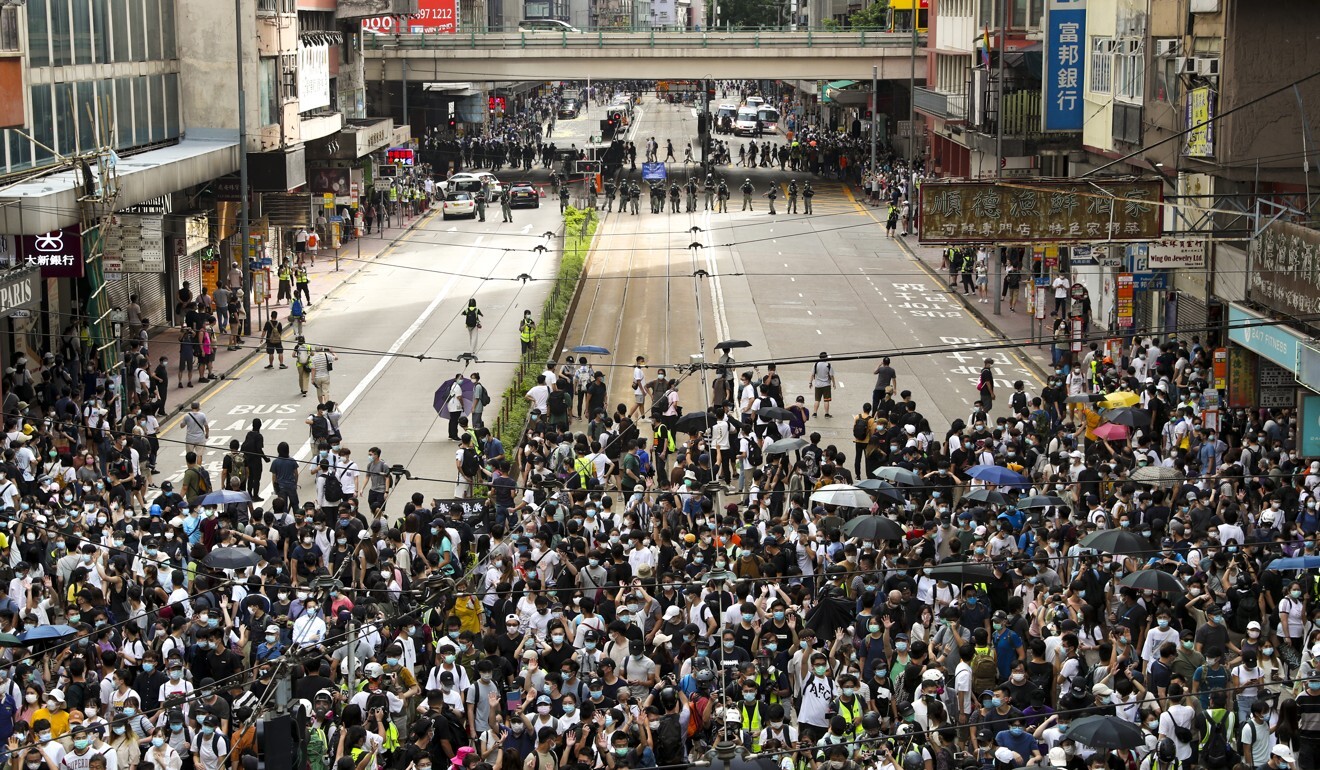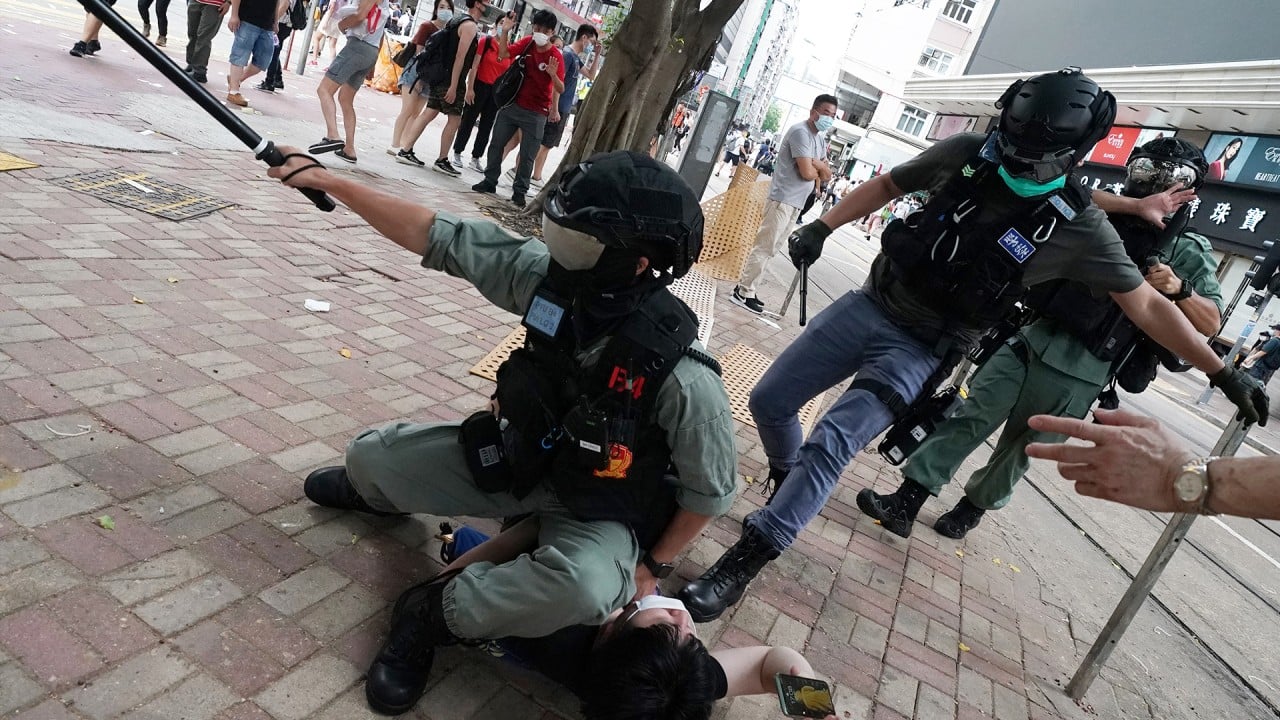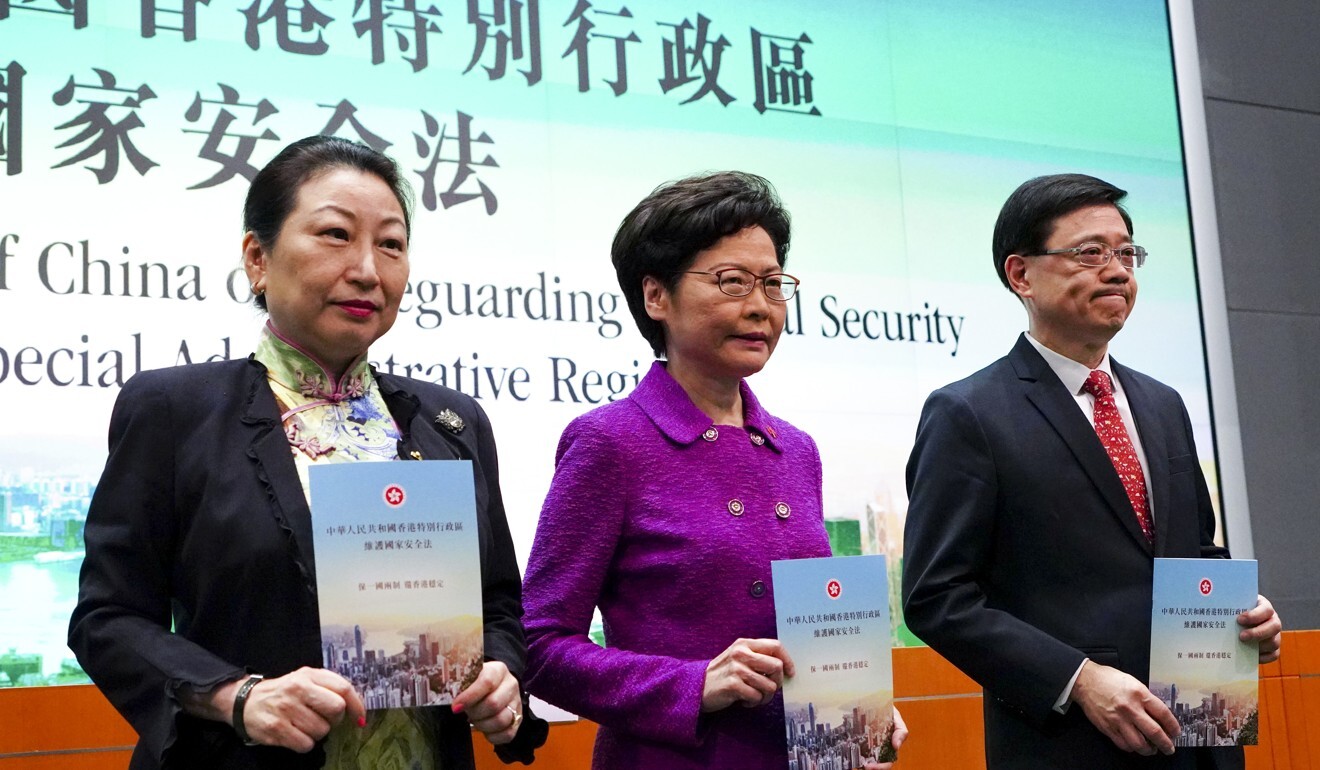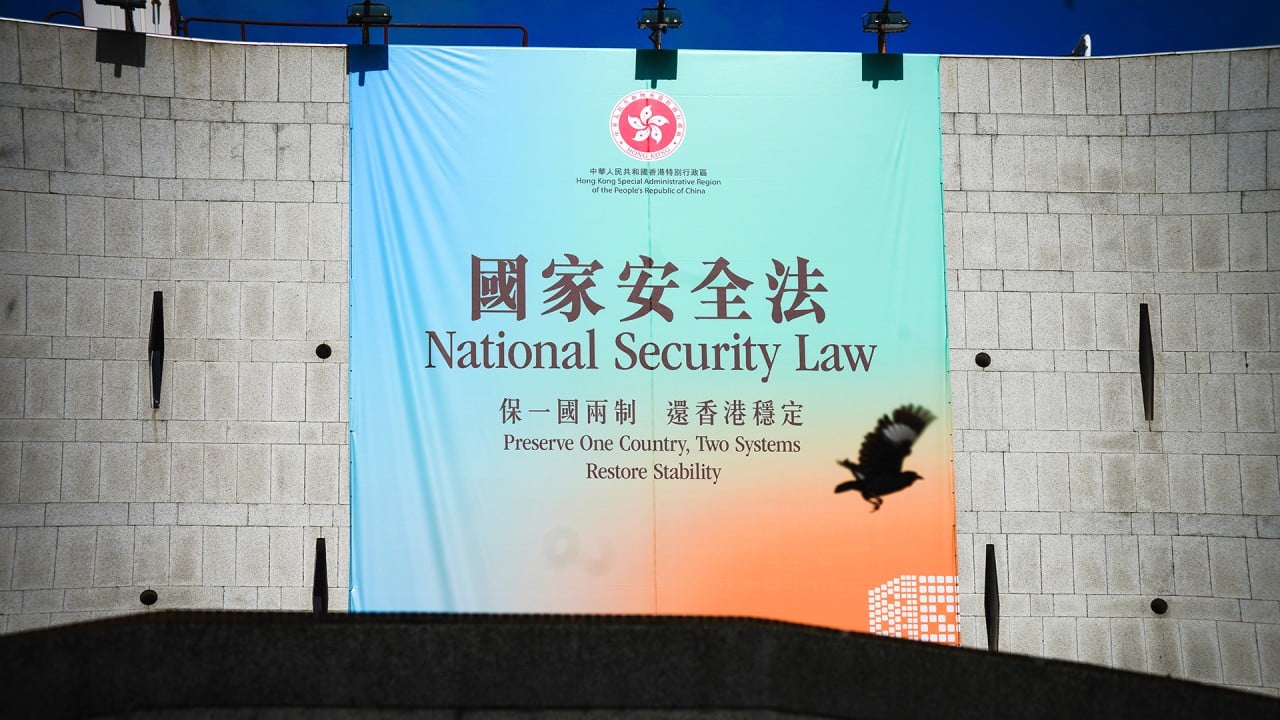
Reaction to Hong Kong national security law shows more needs to be done to ease concerns
- The unveiling of legislation has raised some legitimate fears and, although freedoms are guaranteed under the Basic Law, Hong Kong and Beijing need to restore mutual trust and confidence
Hong Kong entered a new era with mixed feelings after the national security law came into effect on the eve of the 23rd anniversary of reunification with China. Promises had been made that the new statute, seen by many as tough and sweeping, would restore the stability and economic prosperity shaken by last year’s social unrest.
But legitimate concerns were raised over a wide range of issues as soon as the full text was unveiled. As a result, further explanations and assurances are required to improve understanding and compliance.
A lot more also needs to be done in the longer term for the city and Beijing to restore mutual trust and confidence.
The importance of safeguarding national security has been made plain in the law’s 66 articles, which cover offences relating to secession, subversion, terrorism and collusion with foreign countries.

As the second major statute enacted for Hong Kong by Beijing following the promulgation of the Basic Law, it sets out the overall requirements for the accurate and comprehensive implementation of “one country, two systems”, and seeks to “legalise” the principle with particular emphasis on “one country”.
Amid volatile US-China relations and tensions lingering from the social unrest, Beijing may think the law is necessary, not only for the sake of national security and political and economic stability, but also to rectify acts it sees as unacceptable over the years.
Assurances are essential
Whether this can be achieved shall be closely watched. But regrettably, the return of violence to city streets on Wednesday does not bode well for the future. In what appeared to be a show of defiance, many protesters behaved as in the past. There were roadblocks, fires and clashes with police, but coming hours after the law came into force the stakes were much higher.
For the first time, police warned protesters against displaying flags or slogans, or conducting themselves “with an intent such as succession or subversion”. Some 180 people were arrested by late afternoon, with at least seven held in connection with pro-independence materials.

06:50
Hundreds arrested, thousands protest in Hong Kong during first day under new national security law
Such displays used to be tolerated, and whether prosecutions follow remains to be seen. The law stipulates that freedoms enjoyed under the Basic Law and two international human rights covenants shall be protected.
For the law to be effectively implemented, offences and the enforcement mechanism need to be clearly defined. Regrettably, the way it was introduced has fuelled opposition and, from some legal concepts to its actual operation, there are also elements unfamiliar to those in Hong Kong.
As press conferences held on Wednesday showed, concerns are being addressed by both mainland and local officials, but it is important the new law, which has been described as “unique and groundbreaking” by a senior official, will be one that people fully understand and are comfortable with. Therefore, further explanations and assurances are essential.
A case in point is the national security agency to be set up in the city by the central government. The body is vested with wide-ranging powers, including initiating a request for Beijing to take over cases for trial on the mainland under three scenarios: their complexity owing to the involvement of a foreign country or external elements; a serious situation where the city government is unable to enforce the law effectively; or a major and imminent threat to national security has occurred.

This opens the door for the accused to be sent across the border for trial, which triggered last year’s extradition bill unrest. Adding to concerns is the fact that acts performed by the agency in the course of its duty shall not be subject to local jurisdiction.
Separately, the law also appears to apply to offences committed by those outside the city, raising further jurisdictional issues.
International backlash
Criticism from some Western and Asian countries underlines their negative perceptions and concerns. Understandably, the city’s well-established links with others on the global stage make it a subject of international concern. While national security is of paramount importance to Beijing, the international backlash to the law should not be underestimated.
It is important that freedoms guaranteed by the Basic Law continue to be protected. It is the common wish for Hong Kong to keep operating as a global financial centre and enjoy its special status worldwide. However, this cannot be achieved if fears and concerns over the way forward prevail.

03:33
Beijing passes national security law for Hong Kong
The law is meant to plug loopholes rather than end our freedoms and civil liberties. The world needs to be shown that the “two systems” principle has not been undermined.
Chief Executive Carrie Lam Cheng Yuet-ngor has said the fact that the law will largely be enforced locally proves Beijing continues to have trust in the city. A top mainland official has also sought to assure the public that criticism of the Communist Party will be tolerated as long as it does not escalate into action that crosses the line.
Their remarks are to be welcomed, although the proof lies in the actual implementation of the law. The city, and in particular the pan-democrats, needs to adapt and be mindful of the law and the sanctions involved.
Enforcement and compliance aside, there needs to be goodwill and further action to restore relations between Beijing and Hong Kong.

